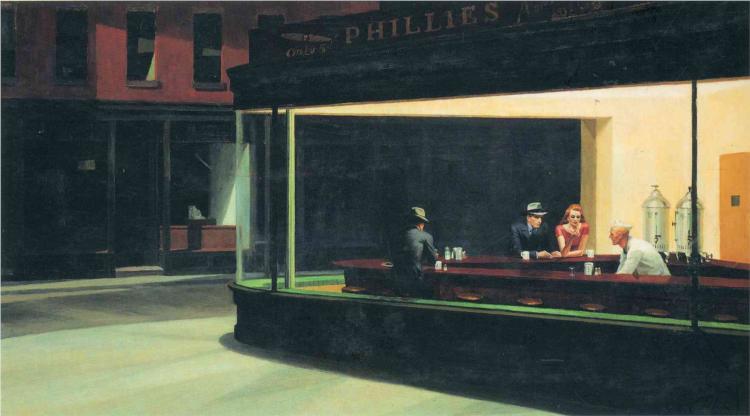Come, my beloved,
consider the lilies.
We are of little faith.
We talk too much.
Put your mouthful of words away
and come with me to watch
the lilies open in such a field,
growing there like yachts,
slowly steering their petals
without nurses or clocks.
Let us consider the view:
a house where white clouds
decorate the muddy halls.
Oh, put away your good words
and your bad words. Spit out
your words like stones!
Come here! Come here!
Come eat my pleasant fruits.
“From the Garden” by Anne Sexton from The Complete Poems. © Houghton Mifflin, 1999.
